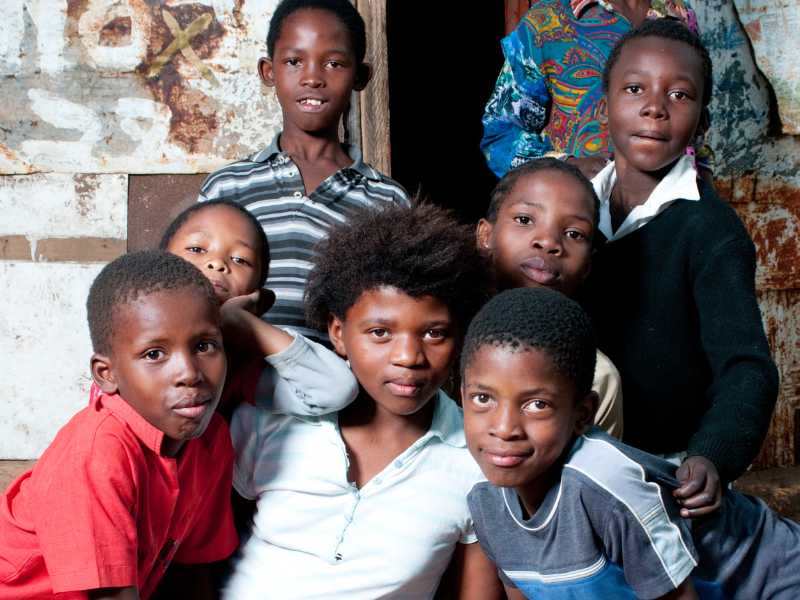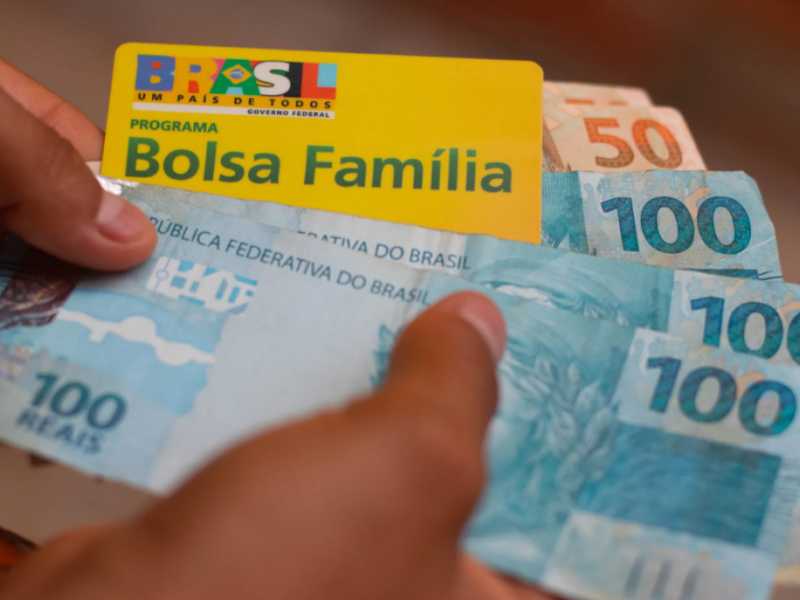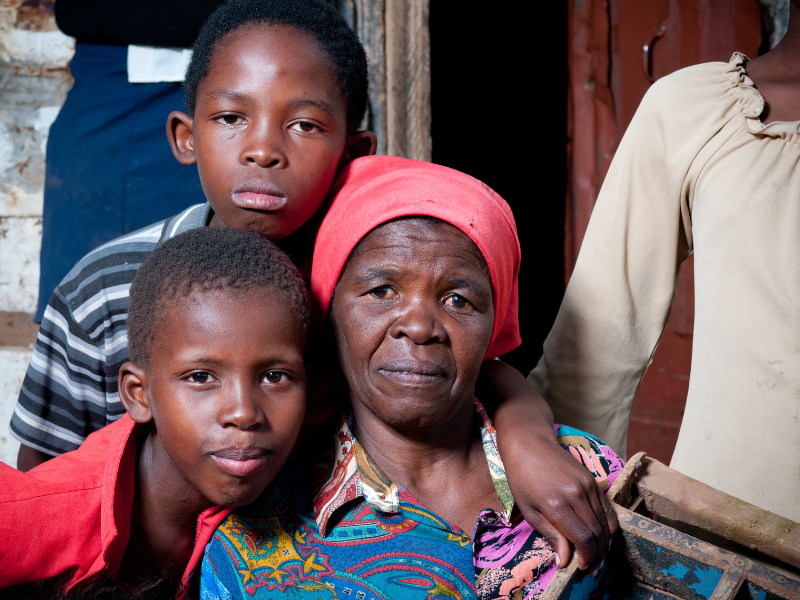Advertisements
The FGTS (Service Time Guarantee Fund) is a mechanism that acts as a financial reserve, designed to support workers in various situations, including unfair dismissals.
When a worker is laid off, he or she has the possibility of accessing part of the fund's resources. However, there is a specific FGTS modality that allows for an annual withdrawal, known as an anniversary withdrawal. See more details below.
See more: Gas Aid: NIS 2 beneficiaries receive today
Advertisements
How does the FGTS anniversary withdrawal work?
It is important to note that the FGTS anniversary withdrawal allows workers to withdraw part of the money accumulated in their account once a year, in the month of their birthday. In other words, this is a good option for those who need extra money or in emergencies.
However, despite the advantage of accessing the amount every year, when the employee chooses the anniversary withdrawal option, he or she loses access to the severance pay withdrawal option. Therefore, in the event of dismissal, the person can only withdraw the money corresponding to the severance pay fine, and not the full amount.
Advertisements
Changes to come
The FGTS should soon change, since the Ministry of Labor and Employment already has a project under analysis. Therefore, if the project receives presidential approval, it will be sent to Congress.
The idea behind the new project is to adjust the discrepancy that affected many workers who opted for the anniversary withdrawal. The goal is to benefit workers who opted for the anniversary withdrawal in 2020. This is because at the time it was possible to take out a loan through the FGTS, anticipating future amounts.
However, according to Marinho, the workers were “deceived” because when they were fired they lost full access to the funds. In other words, these people will not be able to withdraw the amount from the Guarantee Fund for 25 months.
Therefore, the proposal is to correct this situation and guarantee these people retroactive benefits, as long as they were dismissed after 2020.
Image: Agência Brasil
























